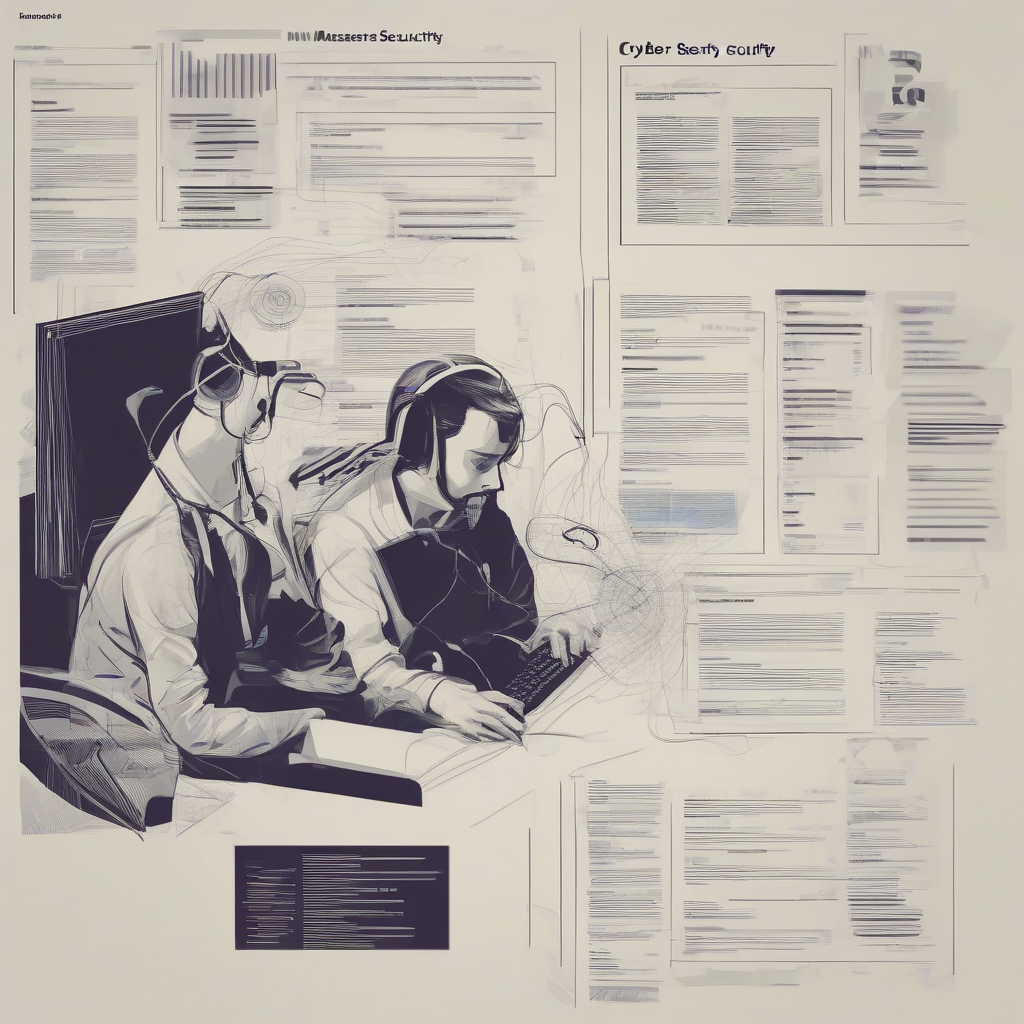Unlock Your Cybersecurity Potential: A Comprehensive Guide to Online Master's Degrees

Online Master's Degree in Cybersecurity: A Comprehensive Guide
Introduction
The digital landscape is constantly evolving, with cyber threats becoming increasingly sophisticated. To combat these threats and protect our digital world, skilled cybersecurity professionals are in high demand. An online Master's degree in Cybersecurity can provide you with the knowledge and skills necessary to excel in this dynamic field.
Why Pursue an Online Master's in Cybersecurity?
- High Demand and Career Growth: Cybersecurity is one of the fastest-growing fields, with a projected job growth rate far exceeding the national average. A Master's degree can significantly enhance your career prospects and open doors to leadership roles.
- Increased Salary Potential: Cybersecurity professionals command high salaries, and an advanced degree can further boost your earning potential.
- Flexibility and Convenience: Online programs offer flexibility, allowing you to study at your own pace and on your own schedule, without the need to relocate or disrupt your current commitments.
- Industry-Relevant Curriculum: Online programs are designed to address the latest cybersecurity challenges and trends, equipping you with the most up-to-date knowledge and skills.
- Networking Opportunities: Online programs provide opportunities to connect with other cybersecurity professionals, expand your network, and access industry resources.
What You'll Learn in an Online Cybersecurity Master's Program
- Cybersecurity Fundamentals: Understanding the core principles of cybersecurity, including risk management, incident response, and ethical hacking.
- Network Security: Protecting networks from unauthorized access and data breaches.
- Data Security: Ensuring the confidentiality, integrity, and availability of sensitive data.
- Cryptography and Secure Communications: Understanding encryption techniques and secure communication protocols.
- Cybersecurity Law and Ethics: Navigating legal and ethical considerations in cybersecurity.
- Cloud Security: Protecting data and applications hosted in the cloud.
- Mobile Security: Securing mobile devices and applications.
- Emerging Cybersecurity Technologies: Exploring advanced topics such as artificial intelligence, machine learning, and blockchain in cybersecurity.
Choosing the Right Online Cybersecurity Master's Program
Factors to Consider:
- Program Reputation and Accreditation: Choose a program from a reputable university with appropriate accreditation.
- Curriculum and Faculty Expertise: Evaluate the curriculum to ensure it aligns with your career goals and interests. Look for programs with faculty who are industry experts and actively involved in research.
- Program Delivery and Flexibility: Consider the program's delivery format, such as asynchronous or synchronous online learning, and its flexibility in terms of scheduling and pace.
- Technology and Resources: Ensure the program provides access to necessary learning technologies, tools, and resources.
- Career Support: Inquire about career services offered by the program, such as job placement assistance and alumni networking opportunities.
- Cost and Financial Aid: Evaluate the program's tuition and fees, and explore available financial aid options.
Top Online Cybersecurity Master's Programs
- [University Name] - [Program Name]
- [University Name] - [Program Name]
- [University Name] - [Program Name]
- [University Name] - [Program Name]
- [University Name] - [Program Name]
- [University Name] - [Program Name]
Career Paths with a Cybersecurity Master's Degree
- Cybersecurity Analyst: Identifying and mitigating cybersecurity threats.
- Information Security Manager: Developing and implementing information security policies and procedures.
- Penetration Tester: Simulating cyberattacks to identify vulnerabilities.
- Security Engineer: Designing and implementing secure systems and networks.
- Chief Information Security Officer (CISO): Overseeing all aspects of cybersecurity for an organization.
- Cybercrime Investigator: Investigating cybercrime cases and pursuing legal action against perpetrators.
Conclusion
An online Master's degree in Cybersecurity can open doors to a rewarding and impactful career in a rapidly growing field. By gaining the necessary knowledge and skills, you can contribute to protecting our digital world and shaping the future of cybersecurity.
What's Your Reaction?















